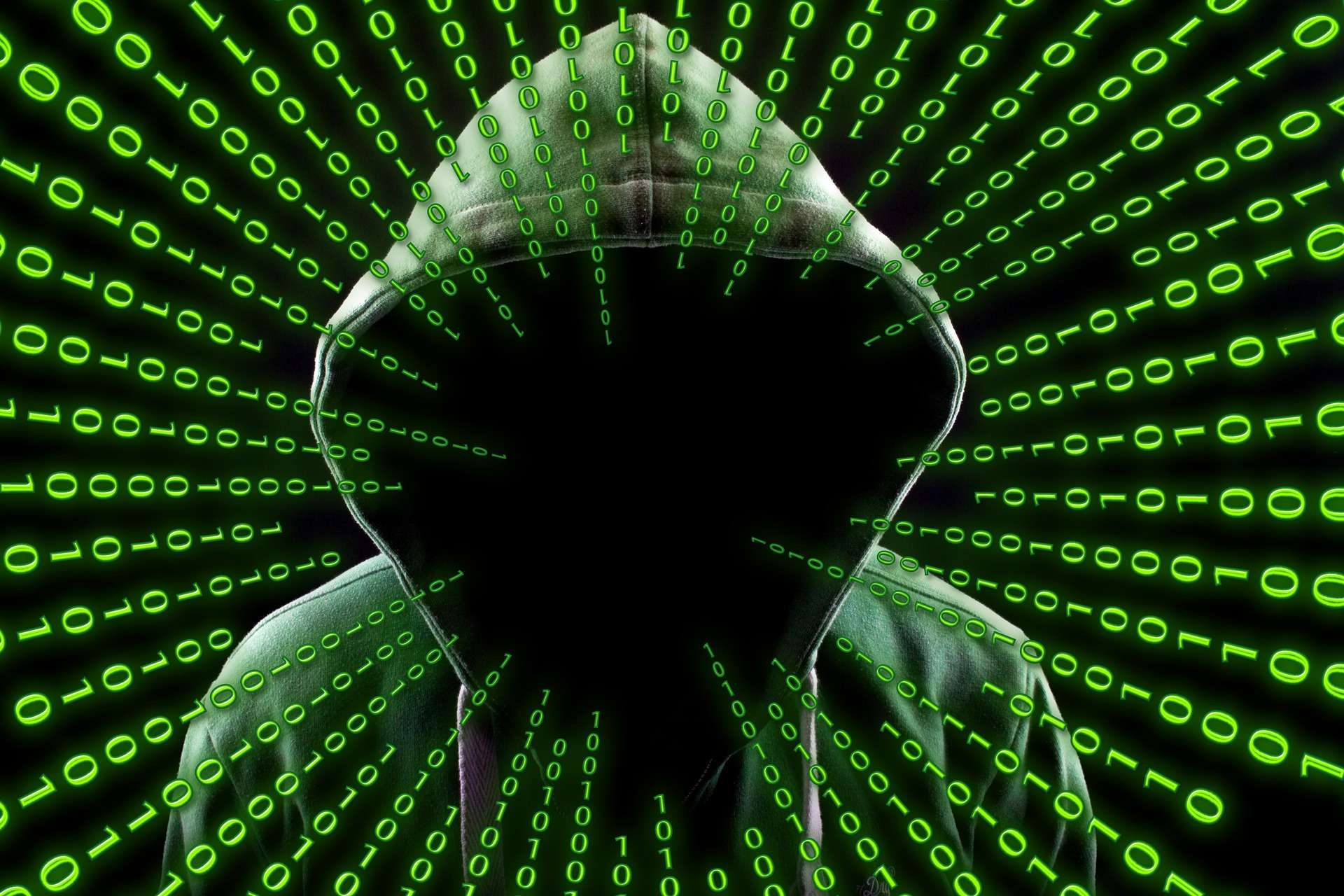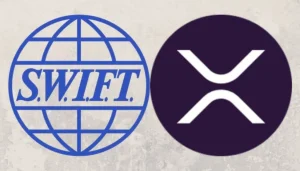- Dash and Zcash have plummeted after the OKX exchange announced that it would be delisting both tokens in a renewed crackdown against privacy coins.
- The exchange blamed the delisting on user feedback, but most delisted coins fall into the privacy coins category, with regulatory pressure forcing the exchange’s hand.
The crackdown on privacy coins is reigniting yet again, with OKX being the latest major global exchange to cease supporting these controversial tokens. The exchange announced recently that it would no longer offer trading services for the likes of Dash and Zcash among the casualties.
OKX, one ofnthe largest exchanges in the world, announced that it would be delisting some trading pairs “in order to maintain a robust spot trading environment.” The exchange cited “feedback from users” as the key reason behind the delisting.
On January 4, the exchange will delist Polkadot canary network Kusama’s token KSM, NFT-focused coin FLOW, and half a dozen others. A day later, the privacy coins will face the axe. This includes Monero (XMR) trading pairs against BTC, ETH, USDT and USDC. Dash trading pairs against BTC and USDT will be delisted, as well as Zcash pairs against BTC, USDC and USDT. Zen, the native token of the Horizen network, which also offers native privacy, faces the axe on the same day.
While OKX has ceased supporting deposits of the tokens, it advised users to cancel all orders relating to these coins. The exchange will cease supporting withdrawals of these tokens on March 5.
Following the announcement, the price of DASH dipped from $38.65 to $31.10 in two days. It has since reversed the trend to gain 6% in the past day at press time, it trades at $33.63. Zcash (ZEC) dropped from $32.8 to trade at $26.63, while ZEN dipped from $11.8 to $8.7.
Monero’s dip was steeper, losing $17 to trade at $163 a day after the announcement. While it has also reversed the trend, it’s yet to regain its pre-announcement levels and currently trades at $173. Of all the privacy coins, Monero is the largest with a market cap of $3.19 billion, placing it 32nd in the charts, ahead of the likes of VeChain, Lido DAO and Cronos, the native token of the Crypto.com ecosystem.
Collectively, privacy coins are worth $8.32 billion and account for just under 0.5% of the total market size of crypto.
Crackdown on Dash, Zcash and Monero
When Satoshi Nakamoto launched Bitcoin in 2008, he designed it with pseudonimity in mind, ensuring users have a sense of privacy. However, contrary to popular opinion, Bitcoin and most cryptos are not anonymous, and many criminals have discovered that too late.
For total privacy, users have two options. The first is using mixers like Tornado Cash which obfuscate the blockchain path of a token by mixing it with others and sending back in random to the owners. But this can be deemed illegal in some jurisdictions.
This makes the second option—privacy coins—the only full-proof method of total privacy. These tokens, including Dash, Monero, Horizen and Zcash, employ ring signature, stealth addresses, zk-SNARKS and other methods to enhance privacy.
However, in recent years, regulators have been cracking down on these coins. Korean exchanges have been forced to delist them, and even Binance has announced it would delist this group of tokens, although it backtracked on the decision. European exchanges may not be far behind, with authorities like the European Banking Authority calling for the ban.






















